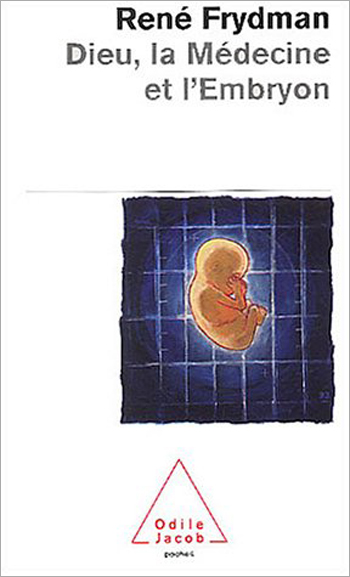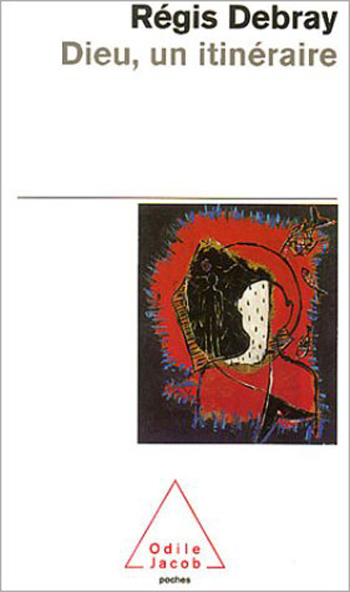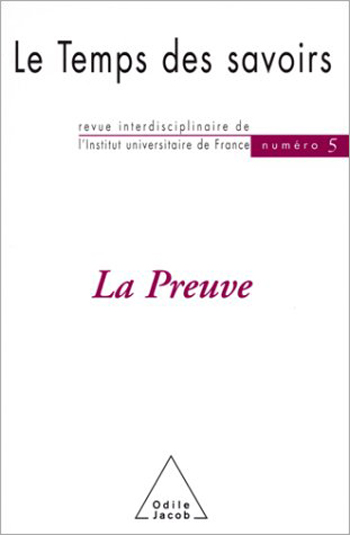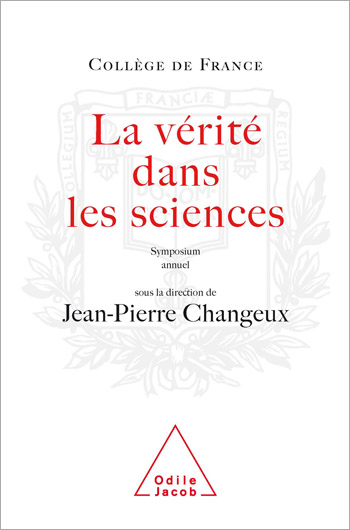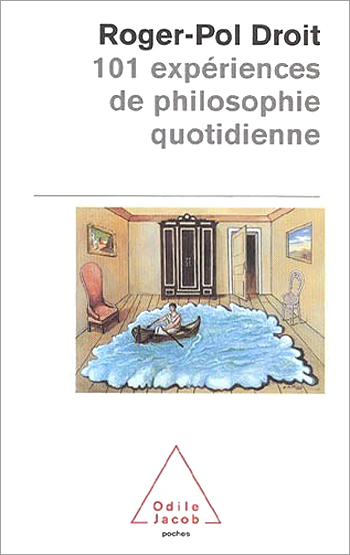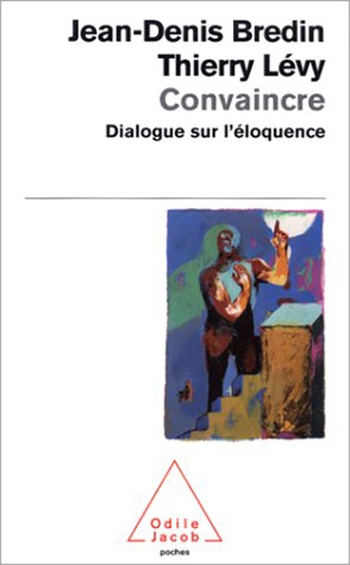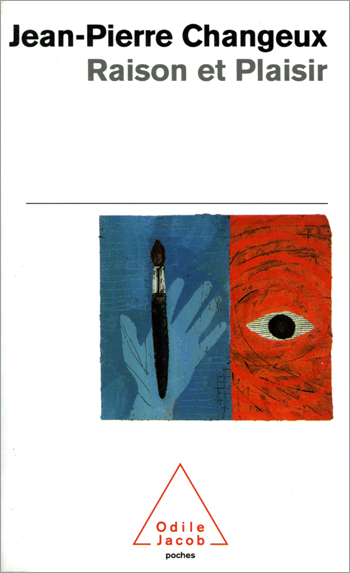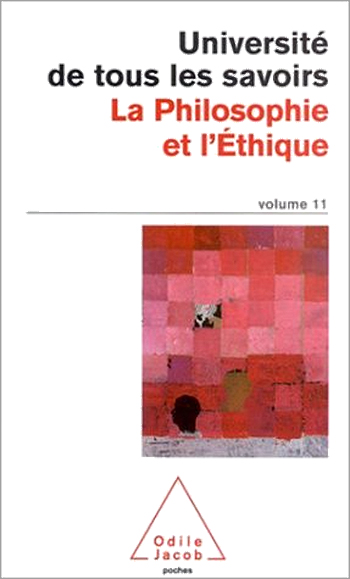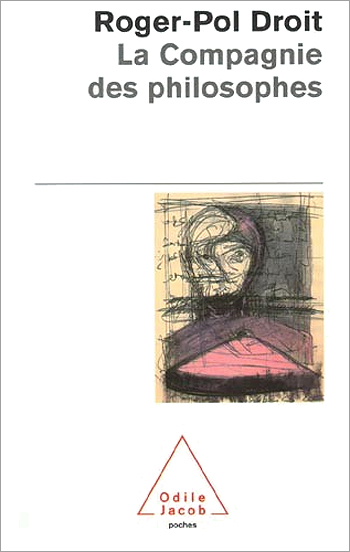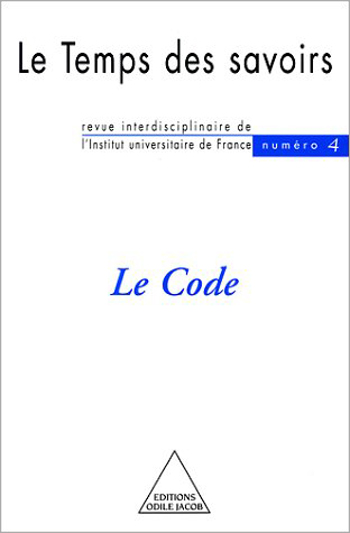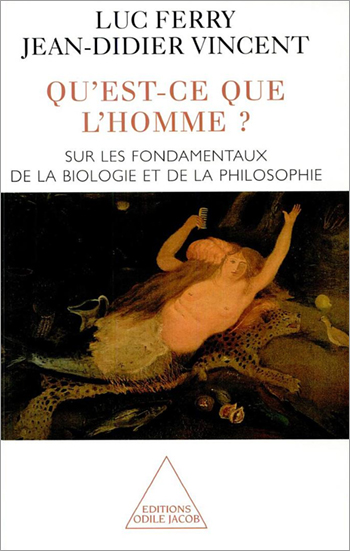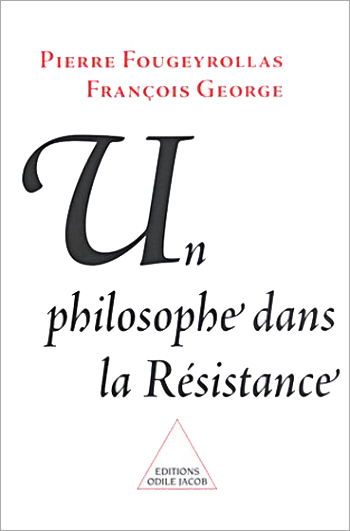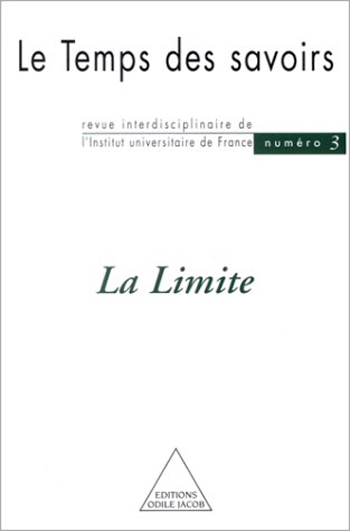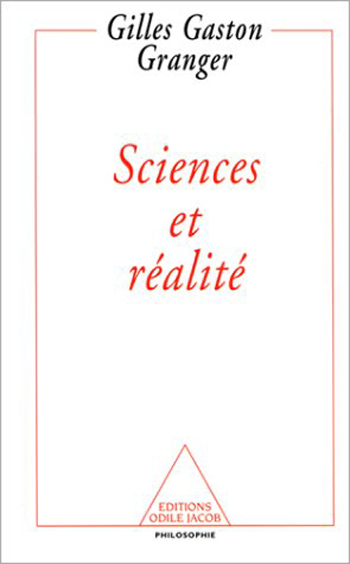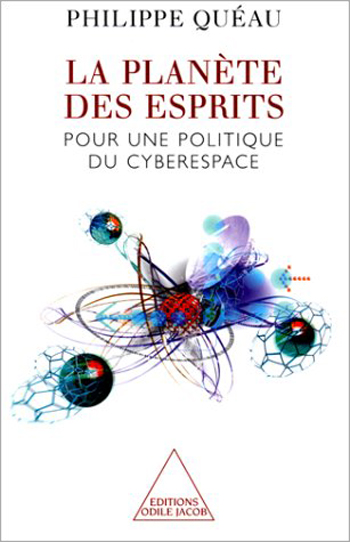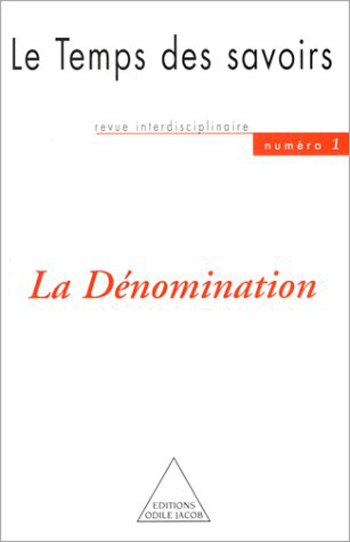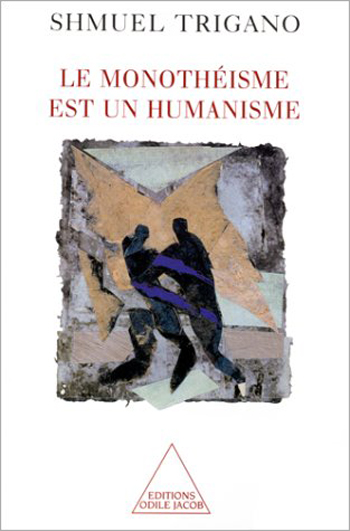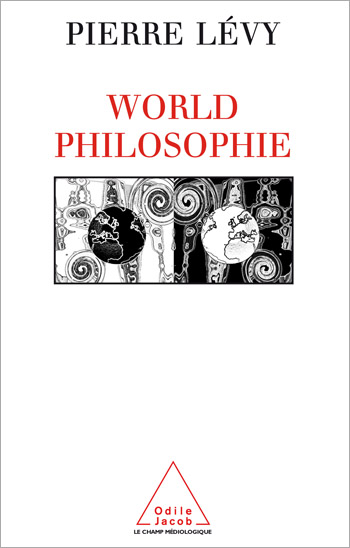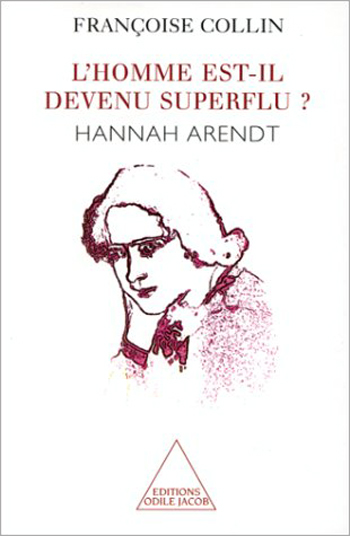Philosophy All books
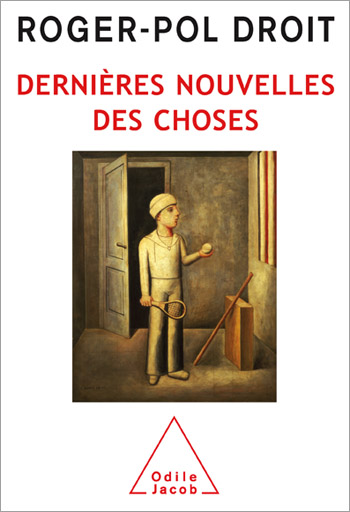
Roger-Pol Droit
Recent News of Ordinary Objects
"Can you learn anything from ordinary objects the things you use in your daily life? The answer is: yes, more than you can imagine. During the course of one year, I assigned myself a sort of adventure: I kept a diary of my encounter with objects, and I suggest you do the same. Briefly, my goal was to try to find the words that are hidden inside objects, to discover the questions that lie at the heart of things. My journey took place in four stages: surprise, groping, panicking, feeling soothed. This experience, touched with humour and a hint of folly, also follows the itinerary of an unexpected spiritual journey," Roger-Pol Droit is a research fellow at the Centre National de la Recherche Scientifique
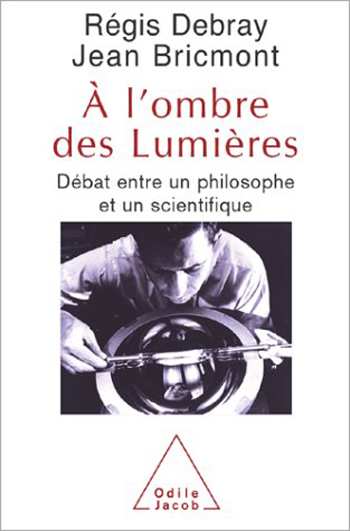
Régis Debray, Jean Bricmont
In the Shadow of Lights A Debate between a Philisopher and a Scientist
What is the meaning for us today of the Enlightenment? Of positivism and of the social sciences? How should we envision the revolutions in physics, biology and the neorosciences? What are the future roles of ideology and politics, faced with the challenge of the present religious come-back? Is the notion of progress still relevant? Can a fundamental, universal anthropology be established? In their discussions, the authors Debray from a literary point of view, and Bricmont from a scientific one meet, confront and defy each other. In the course of their talks, they summon theory and practice, past and present, history and current events, facts and their own personal convictions, to give the reader a brilliant lesson against the dominant mood of nihilism. Régis Debray heads the European Institute of the History and Science of Religion. He is the author of numerous works, including God, An Itinerary. Jean Bricmont teaches theoretical physics at the University of Louvain. He is the co-author with Alan Sokal of Intellectual Impostures.
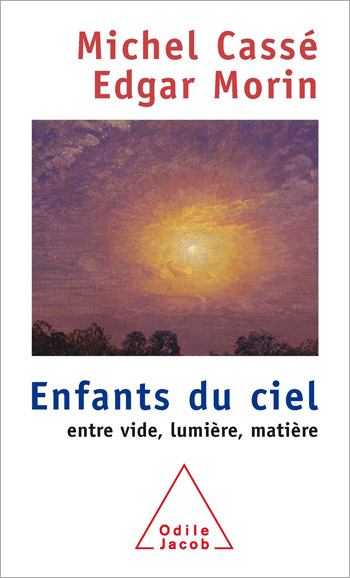
Michel Cassé, Edgar Morin
Children of the Sky Between Nothingness, Light and Matter
What is the universe, which we regard as "ours" not only because we live in it but because it produced us? This book is in the form of a dialogue on cosmology between the astrophysicist Michel Cassé and the philosopher Edgar Morin. It is a profound work which revels in the joy of knowledge and restores us to the universe that is in all of us, as it celebrates the "anthropo-cosmos". Michel Cassé is an astrophysicist at the Atomic Energy Commission. Edgar Morin is an internationally renowned writer and thinker.
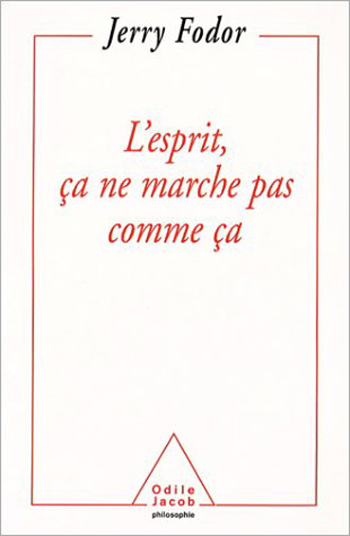
Jerry Fodor
The Mind Doesn't Work That Way The Scope and Limits of Computational Psychology
In this book, one of the most eminent figures in the field of cognition reviews his most recent views on the subject, and questions the validity of recent attempts to combine the computational theory of mind with psychological nativism and with biological principles borrowed from Darwinian evolutionary theory. Fodor goes on to examine the question that has remained unanswered for the past fifty years: is the mind a computer? This is a fascinating lesson of philosophical and scientific modesty. Jerry Fodor is a professor of philosophy at Rutgers University.
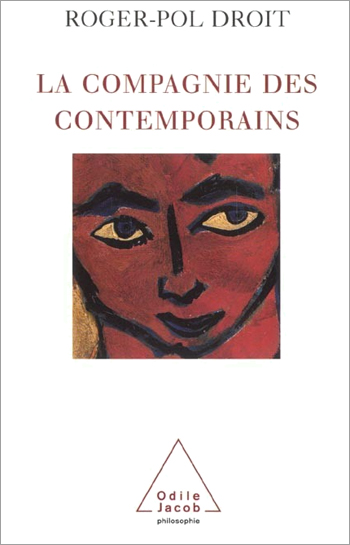
Roger-Pol Droit
The Company of Contemporaries
In this book, Droit reviews the works of some major contemporary thinkers: Bourdieu, Foucault, Girard, Habermas, Lévi-Strauss, Serres, and Vernant, among others. The interviews included here allow the reader to encounter biologists and sociologists, as well as anthropologists and psychoanalysts. Philosophers are well represented, but all the humanities have been included, and practically all major contemporary issues are considered, from bio-ethics to the end of history, from the construction of Europe to the rise of violence, from globalisation to the environment, from the development of science to political and religious extremism. Roger-Pol Droit is a philosopher and researcher at the Centre National de la Recherche Scientifique.

Régis Debray
God, An Itinerary
"If we can be said to have a goal, it is to reply as precisely and soberly as possible to a childish question, which has been frequently set aside as trivial: Why are these beliefs, which came to light in the desert three thousand years ago, still among us? And why is it that hundreds of millions of men and women still follow them? The study of God's minor aspects does not, in our opinion, lessen its significance. Instead, it gives new life to spiritual issues." Régis Debray Régis Debray teaches at the University of Lyon-III.
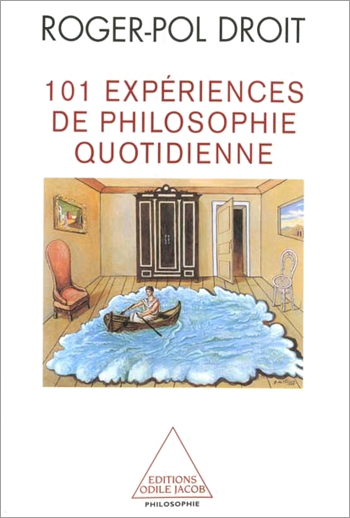
Roger-Pol Droit
101 Experiences of Daily Philosophy
This highly original book consists of 101 short texts, each describing an experiment or something to do. Although the practical exercises are easy to accomplish, they are often disconcerting and will make the reader aware of how strange an apparently banal action can seem. Their purpose is philosophical: the goal being to experience the unexpected through simple actions and events. Roger-Pol Droit intends to shake up the certainties that underlie our identity, speech, relations to time and space, and memory, and enable us to feel issues that are generally regarded as abstract. In his highly readable, incisive style he has succeeded in transforming ideas into feelings. Roger-Pol Droit is a philosopher and researcher at the Centre National de la Recherche Scientifique.
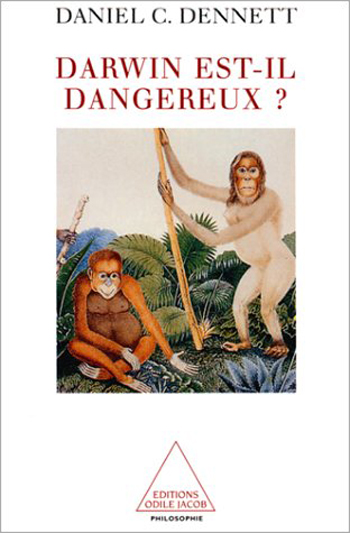
Daniel C. Dennett
Darwin's Dangerous Idea: Evolution and the Meanings of Life
In this book, he confronts this approach with the ideas of Charles Darwin and Darwinism, and addresses the question of evolution. What are the implications of the theory of evolution by natural selection? Why is evolution such a disturbing idea, not only for religious believers but also for philosophers and even for some biologists? How does it affect the concept of mind? In the midst of the current neo-Darwinian wave, this book offers a timely dialogue between the ideas of an important contemporary philosopher and those of the greatest nineteenth-century biologist. Daniel C. Dennett teaches cognitive sciences at Tufts University.
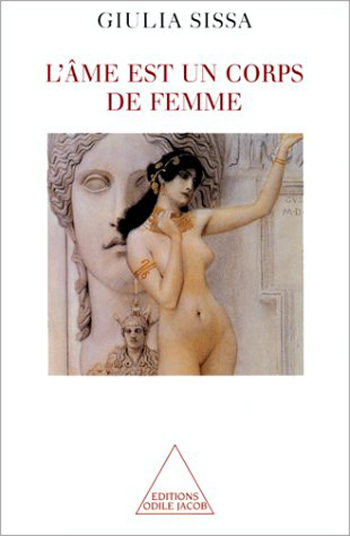
Giulia Sissa
The Soul is a Feminine Being
Do women have a soul ? Philosophers have historically doubted this, refusing to accord women rationality. However, at the same time, they have been unable to imagine the soul without the help of feminine metaphors : the soul conceives, it is pregnant with knowledge, it gives birth in pain and distress but always with the help of someone. In reading classic texts such as Derrida, and deconstructing them while drawing comparisons with others and focusing on what may seem paradoxical, such as the many Freudian slips, Giulia Sissa leads us to interrogate ourselves on the exclusively feminine attributes of the Western soul. A radical questioning of the difference between the sexes which leads us to the most profound aspects of our culture.
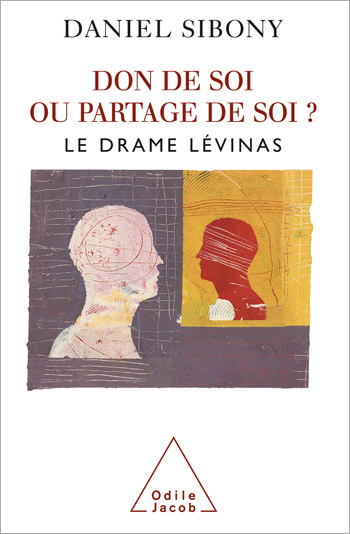
Daniel Sibony
Giving Yourself or Sharing Yourself ?
How can one be oneself without denying others? How can one consider others without negating oneself? How can one avoid the two extremes of complete selfishness and total self-sacrifice ? What if the ethics of the other, of responsibility for others which can lead us to risk our lives for others resulted not only in a dead-end (inefficient action, lack of action, justification of past actions) but also kept us from knowing ourselves and, consequently, others and the true nature of our relations with them? Daniel Sibony was trained as a philosopher and is a practising psychoanalyst.

